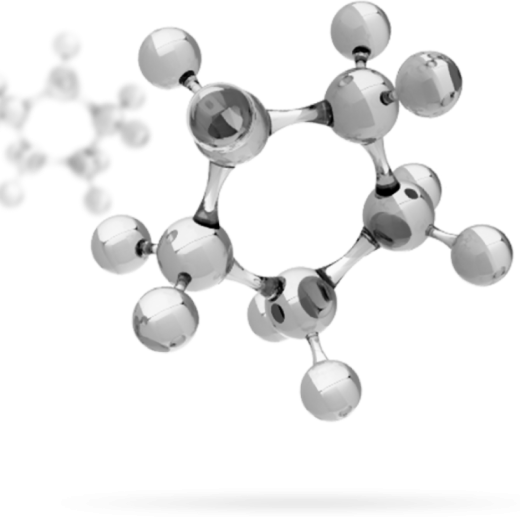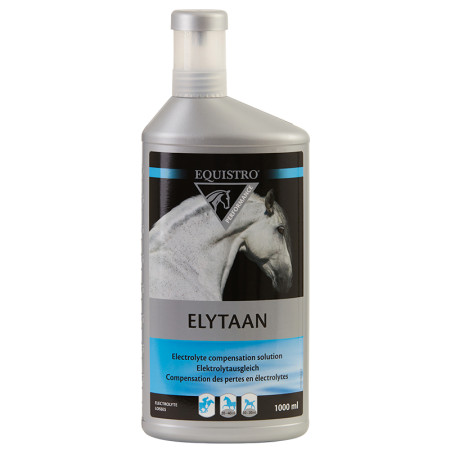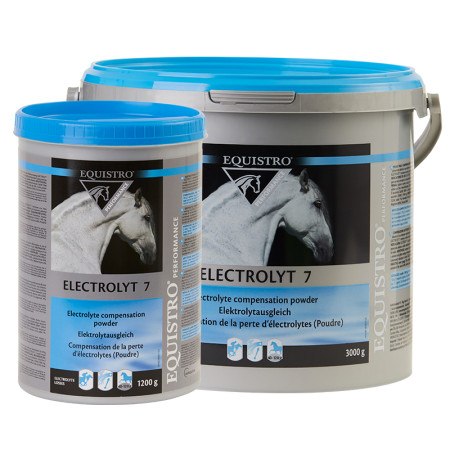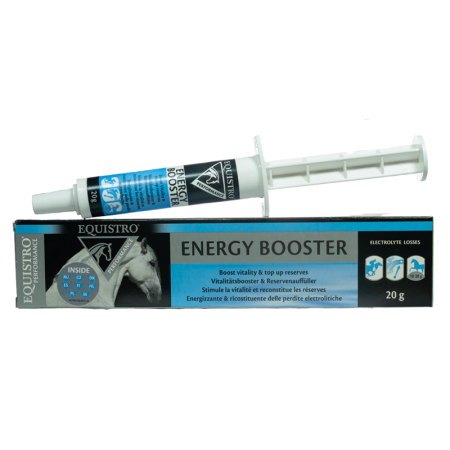
Sodium
Function:
Sodium (Na) is critical for normal function of the central nervous system, generation of action potentials in excitable tissues, and transport of many substances such as glucose across cell membranes. Sodium is the major extracellular cation and the major electrolyte involved in maintenance of acid-base balance and osmotic regulation of body fluids.
Sources:
The Na concentration of natural feedstuffs for horses is often 0.1%. Sodium chloride (NaCl: common salt) is often added to concentrates at rates of 0.5% to 1% or fed free-choice as plain, iodized, cobalt-iodized, or trace-mineralized salt. Ingesta in the large intestine has been shown to be a reservoir for water, as well as for sodium when exercising.
Daily requirements (NRC, 1989):
Maintenance : 20 mg/kg of body weight.
Exercising horse: because of limited data on specific requirements for sodium and the influence of activity, adaptation and environment on animal needs, precise recommendations cannot be made.
Deficiency:
Chronic sodium depletion results in decreased skin turgor, a tendancy for horses to lick objects with salty taste, a slow rate of eating, decreased water intake, and eventually, a cessation of eating. In acute sodium deficiency, muscle contractions and chewing are uncoordinated and horses have an unsteady gait.
Excess:
As long as sufficient water is available, excess sodium will typically be excreted in the urine.
When problems may occur?
During heavy exercise, overall under hot and humid conditions, horses are able to lose several litres of sweat highly concentrated in sodium and chloride. That is why when large amount of sweat are lost, the hydration level of the horse have to be closely checked, and water with added electrolytes has to be proposed. If not, serious physical damages may occur with muscular dysfunction, until exhaustion and death. Intestinal obstruction, enterocolitis, diarrhoea or renal failure may induce severe hyponatraemia.



